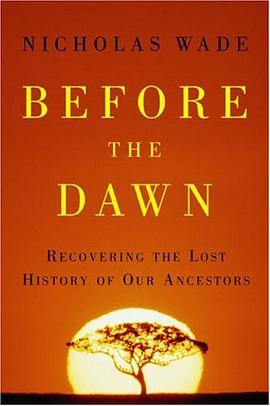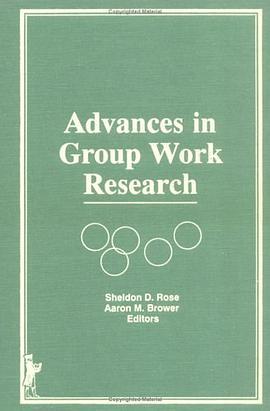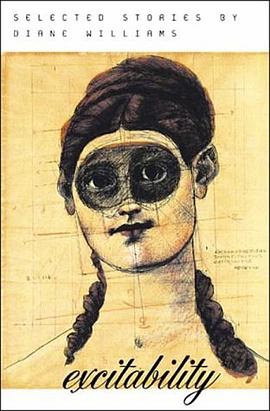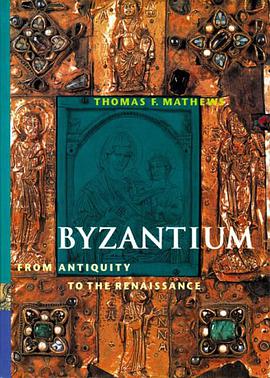

具体描述
Based on a groundbreaking synthesis of recent scientific findings, an acclaimed New York Times science reporter tells a bold and provocative new story of the history of our ancient ancestors and the evolution of human nature
Just in the last three years a flood of new scientific findings-driven by revelations discovered in the human genome-has provided compelling new answers to many long-standing mysteries about our most ancient ancestors-the people who first evolved in Africa and then went on to colonize the whole world. Critically acclaimed New York Times science reporter Nicholas Wade weaves this host of news-making findings together for the first time into an intriguing new history of the human story before the dawn of civilization. Sure to stimulate lively controversy, he makes the case for novel arguments about many hotly debated issues such as the evolution of language and race and the genetic roots of human nature, and reveals that human evolution has continued even to today.
In wonderfully lively and lucid prose, Wade reveals the answers that researchers have ingeniously developed to so many puzzles: When did language emerge? When and why did we start to wear clothing? How did our ancestors break out of Africa and defeat the more physically powerful Neanderthals who stood in their way? Why did the different races evolve, and why did we come to speak so many different languages? When did we learn to live with animals and where and when did we domesticate man's first animal companions, dogs? How did human nature change during the thirty-five thousand years between the emergence of fully modern humans and the first settlements?
Wade takes readers to the forefront of research in a sweeping and engrossing narrative unlike any other, the first to reveal how genetic discoveries are helping to weave together the perspectives of archaeology, paleontology, anthropology, linguistics, and many other fields. This will be the most talked about science book of the season.
作者简介
Nicholas Wade is a longtime reporter for The New York Times Science Times section, which studies by the Times have shown is the most popular section of the paper around the country. Before writing for the Times, Wade was the deputy editor of Nature magazine in London, one of the world's most prestigious science publications, and a reporter for Science magazine, the world's premier science journal. He is the author or coauthor of four previous books.
目录信息
读后感
如果说什么可以叫颠覆的话,这本书中介绍的基因技术就是。人的基因在短短的几百年中就可以显示显性。比如犹太人的数学能力。基因技术对考古的影响是史无前例的。考古的巨大工作是沙发思考,重建几百几千年前的历史。这些之前都需要不断的考证不断的新的发掘来完成。现在通过基...
评分Before the dawn: recovering the lost history of our ancestors 黎明之前:基因技术填补人类进化史的空白 不得不用自己拙劣的英文重新写一下这本书的标题,并且用王工程师简历中最喜欢的套路。过去我时常在想一个发展成熟的行业还能有这么多空白可以填补么?不过对于人类进化...
评分历史学家,在百年前的中国是靠读书写作。这一派的代表人物和著作是清朝马骕及他的《绎史》。他写书可谓“不着一字,尽得风流”。何以谓此?翻开第一卷“开辟原始”,原来就是把《列子》《淮南子》《五运历年记》等古书关于开辟鸿蒙的话都抄在一起。我在书店里摩挲过此书,最终...
评分 评分Before the dawn: recovering the lost history of our ancestors 黎明之前:基因技术填补人类进化史的空白 不得不用自己拙劣的英文重新写一下这本书的标题,并且用王工程师简历中最喜欢的套路。过去我时常在想一个发展成熟的行业还能有这么多空白可以填补么?不过对于人类进化...
用户评价
相关图书
本站所有内容均为互联网搜索引擎提供的公开搜索信息,本站不存储任何数据与内容,任何内容与数据均与本站无关,如有需要请联系相关搜索引擎包括但不限于百度,google,bing,sogou 等
© 2026 onlinetoolsland.com All Rights Reserved. 本本书屋 版权所有




















